Algae-based plastic – Study reveals nearly 60 companies to be responsible for half of world’s plastic pollution: ‘The industry likes to put the responsibility on the individual’13-05-2024
algae-based plastic
Crude Oil Prices Trend
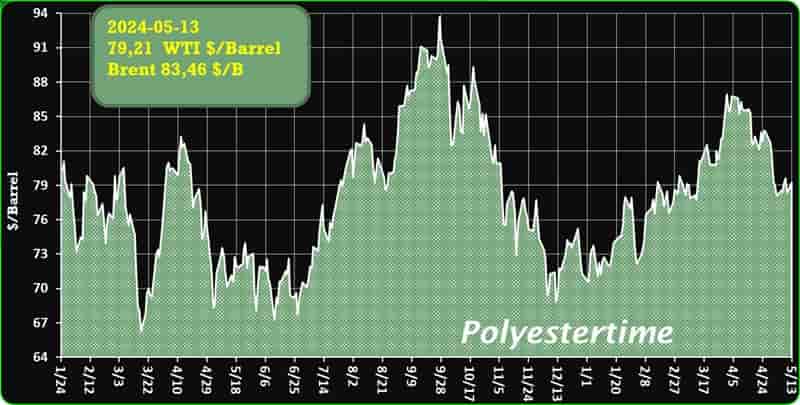
Crude Oil Prices Trend by Polyestertime
R-PET Bottles Prices – Michael Heinz, CEO of BASF Corp, addressed the need for a more sustainable plastics industry during his keynote at NPE2024
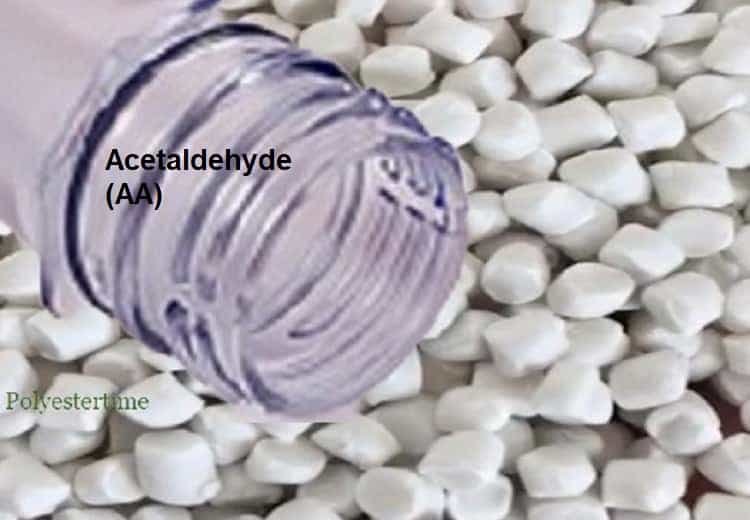
A review by the Chinese Academy of Sciences has spotlighted advanced recycling techniques for Polyethylene terephthalate (PET) plastic, a material known for its durability and resistance to natural degradation
With oer 82 million metric tons produced annually for items like bottles and packaging, PET is a major environmental concern due to its contribution to global plastic waste.
The study highlights innovative biotic and abiotic methods to recycle and upcycle PET, turning waste into valuable materials. PET plastic, used extensively in packaging due to its clarity, strength, and barrier properties, is now at the center of environmental issues. It can persist for centuries if not properly disposed of, leading to pollution and potential health risks due to chemical leaching. algae-based plastic
The groundbreaking review proposes a dual strategy for PET recycling, combining microbial and chemical catalysis to decompose PET into monomers such as terephthalic acid and ethylene glycol. These can be repurposed to create new PET or converted into high-value products like muconic acid, vanillin, and adipic acid. Techniques like enzymatic breakdown with engineered microbes and advanced catalysis are not only enhancing recycling efficiency but also promoting the upcycling of PET into economically beneficial products, marking a significant step towards sustainable industrial practices.
This approach could lead to substantial reductions in energy consumption and greenhouse gas emissions. algae-based plastic
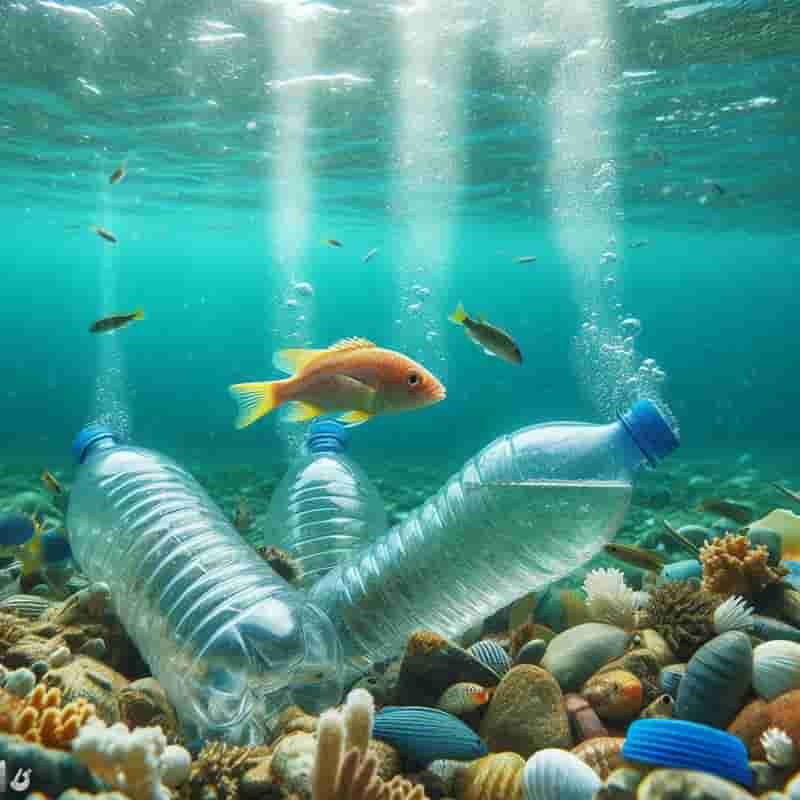
Global PP Market Turns Bearish in April with Cheap Raw Materials and High Supply
In the month of April 2024, the United States Polypropylene (PP) market experienced a period of stability, maintaining consistent prices. However, the first week of May marked a shift in this trajectory as prices began to decline. This downward trend was primarily driven by sluggish demand from key downstream industries, notably the automobile and construction sectors. Reduced car sales and decreased activity levels in commercial and civil engineering projects contributed to weakening demand for PP. Over the course of April, the price of PP decreased by approximately 2.2%, influenced by factors such as lower production costs due to cheaper feedstock Propylene, subdued demand from downstream industries, destocking activities, and ample material availability within the country. algae-based plastic
Furthermore, the decrease in freight rates between Asia to North America and other routes during the month further supported the declining price trend for PP in the US market.
Similarly, the Brazilian PP market also witnessed a downward trajectory in the first week of May, influenced by ample product availability within the country, largely attributed to the influx of cheaper imports from the USA.
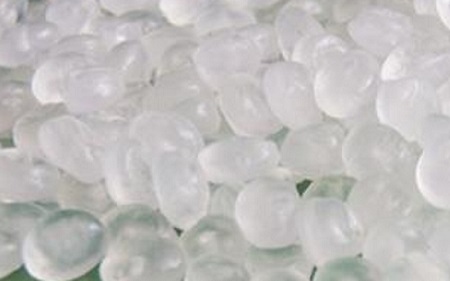
Nordson’s New Melt Filter and Automated Die Lip Adjustment Make U.S. Debut at NPE 2024
Nordson Corp.’s Polymer Processing Systems (PPS) division, a leading global supplier of polymer and fluid coating die systems, pelletizers, and melt delivery systems will showcase its latest innovations at the NPE 2024 exhibition May 6-10 at the Orange County Convention Center in Orlando, Fla. (Booths #W8189, W8289). Making their U.S. debut at NPE are the BKG® HiCon™ K-SWE-HD/RS melt filter which helps film and sheet producers use more recycled materials, and the EDI® Prodigi™ automated lip adjustment system for EDI® extrusion and fluid coating dies. algae-based plastic
“These newest technology innovations are emblematic of our focus on delivering the most efficient, productive, and environmentally sustainable solutions to help OEMs and manufacturers meet today’s most demanding production requirements,” said Andreas Wenzel, Nordson’s PPS division vice president.
Nordson’s PPS division is optimistic about the U.S. economy and is well positioned for a solid 2024, leveraging its innovation and technology in key market segments.
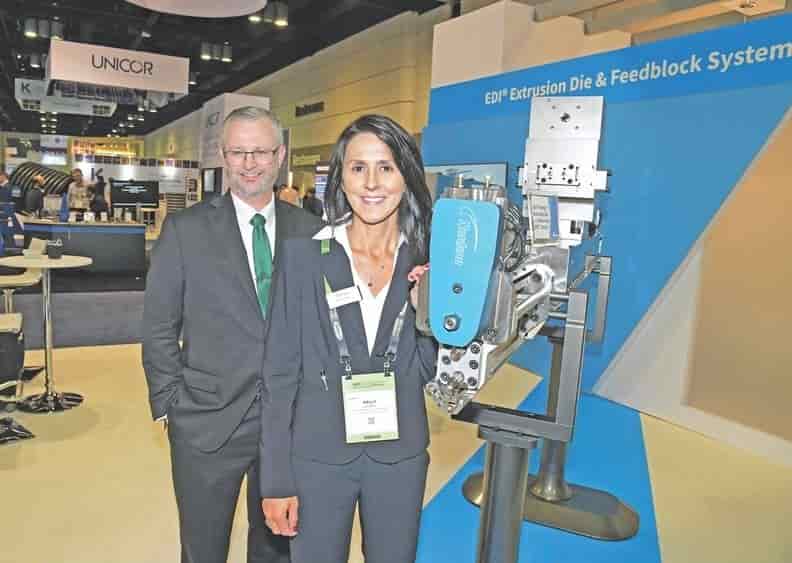
Innovative Bottles, a California-based company, has launched a new line of bioplastic medicine bottles branded as ECO Vials, made using Luminy PLA (polylactic acid) sourced from TotalEnergies Corbion
These bottles are FDA-approved and are designed to offer a sustainable alternative in pharmaceutical packaging with significant environmental advantages. The PLA-based bottles not only have a lower carbon footprint but also boast features such as reusability, industrial compostability, and mechanical recyclability, provided the necessary infrastructure is available. algae-based plastic
The use of PLA in these bottles meets the stringent safety and durability standards required in the medical sector. This includes the ability to undergo sterilization by accelerated electrons (E-Beam), ensuring they are safe for medical use. The manufacturer also highlights that the physical and mechanical properties of Luminy PLA are on par with traditional plastics like polystyrene, polyolefins, and PET, which are commonly used in the industry.
This innovation comes at a critical time, as medical waste management is a significant concern. In the United States alone, over 5.9 million tons of medical waste are generated annually, with more than half deriving from single-use plastics. By introducing biodegradable alternatives like PLA, Innovative Bottles aims to reduce the environmental impact of medical waste significantly. algae-based plastic
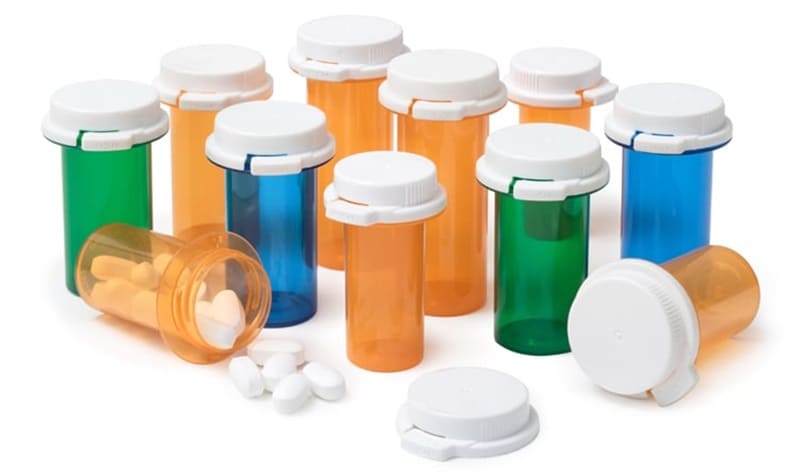
Study reveals nearly 60 companies to be responsible for half of world’s plastic pollution: ‘The industry likes to put the responsibility on the individual’
A new study has highlighted the considerable role that major brands are playing in a plastic-polluted world after researchers traced the bulk of the waste to nearly 60 companies.
What’s happening?
Analysis published in the journal Science Advances revealed that 56 companies caused more than 50% of global plastic waste in 84 countries over a five-year span from 2018 to 2022.
The rest of the plastic had no discernable branding, raising potential questions about company reporting practices. algae-based plastic
“This shows very, very, very well the need for transparency and traceability,” Stockholm Resilience Centre plastic pollution researcher Patricia Villarrubia-Gómez, one of the study’s authors, told The Guardian.
The study notes that five brands accounted for 24% of branded waste, with 11% of that total being connected back to the Coca-Cola Company. PepsiCo, Nestlé, Danone, and Altria rounded out the top five. algae-based plastic
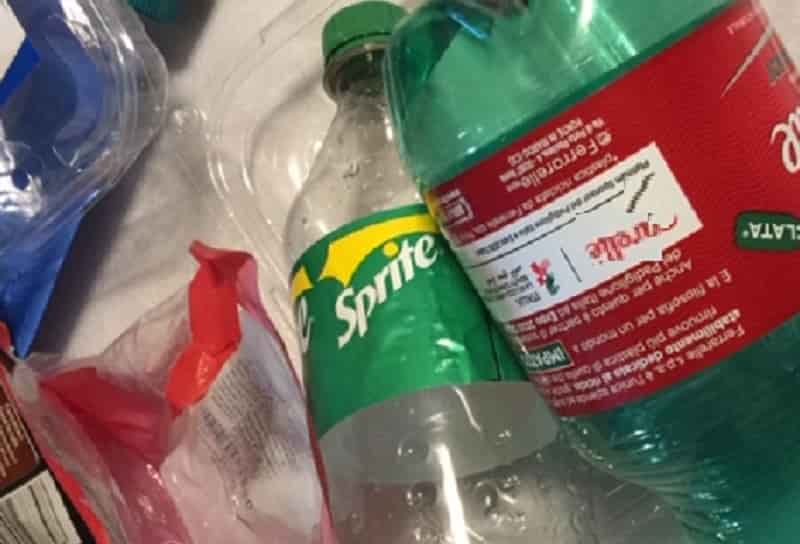
Scientists at the University of California, San Diego, in collaboration with Algenesis Materials, have developed a groundbreaking algae-based plastic
This new material, composed of a bio-based polyurethane polymer, is fully biodegradable and decomposes completely within seven months without forming harmful microplastics. Traditional plastics, derived from petroleum, can take centuries to degrade and often fragment into microplastics, which persist in the environment.
The research, published in Scientific Reports, illustrates that this innovative polymer can be broken down by microbes naturally present in compost.
This discovery confirms the potential of using single-strain bacteria to facilitate complete biodegradation. algae-based plastic
Researchers conducted tests where they observed a significant reduction in material mass over time. After 90 days of aerobic composting, there was a 68% decrease, and by 200 days, the reduction reached 97%. Such findings underscore the feasibility of replacing conventional plastics with more sustainable, bio-based alternatives.
Despite these promising results, the adoption of algae-based plastics faces economic hurdles. The costs associated with establishing sufficient algae farming infrastructure are currently high compared to the extraction of petroleum. algae-based plastic
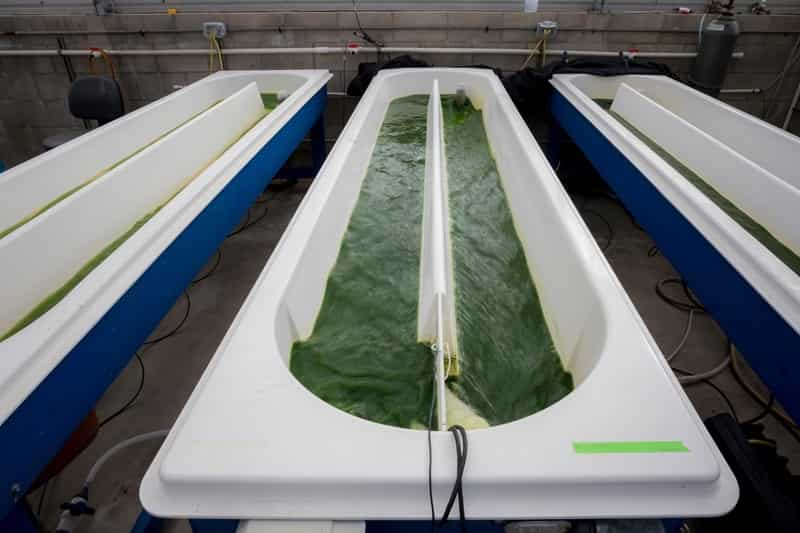
algae-based plastic
